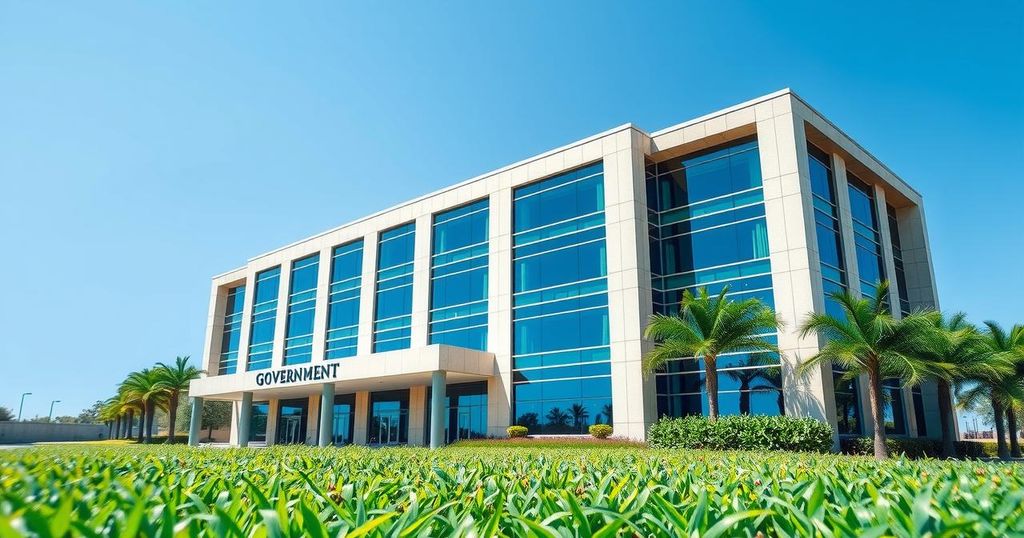Brazil Introduces Income Tax Exemption for Low Earners Amid Economic Strategy
Brazil’s government proposes exempting individuals earning up to 5,000 reais monthly from income tax, funded by taxes on high-income earners and foreign profits. This initiative is part of President Lula’s strategy to improve his popularity and bolster income for the middle class while navigating Congressional negotiations. The proposed minimum tax for high earners also aims to raise significant fiscal revenue.
On March 18, Brazil’s government released a plan to exempt individuals earning up to 5,000 reais ($881.27) monthly from income tax. The fiscal impact is expected to be addressed through new taxes on high earners and profits sent abroad. This initiative, crucial for President Luiz Inacio Lula da Silva’s popularity amid declining approval ratings, aims to redistribute income and stimulate the economy without adding inflationary pressure.
President Lula’s administration intends to enhance disposable income for the middle class through various measures, including a new payroll-deduction credit system and relaxed rules for accessing severance fund disbursements. Economic Policy Secretary Guilherme Mello commented on the potential inflationary pressure of these policies, emphasizing that improvements in income distribution can foster economic growth positively.
To implement these tax exemptions, approval from Congress is necessary by this year for the changes to take effect in 2026, coinciding with the presidential elections. Lawmakers have expressed intentions to expedite the bill’s analysis, although House Speaker Hugo Motta indicated that amendments are likely due to the interests of wealthy constituents.
One significant element of the bill is a proposed 10% withholding tax on profits and dividends sent abroad. The government expects this measure to generate an additional 8.9 billion reais annually. Tax Revenue Secretary Robinson Barreirinhas has assured investors that foreign taxation practices will allow for offsets, indicating minimal adverse impact on investor sentiment.
Additionally, a proposed minimum effective tax on high-income Brazilians aims to offset the middle class exemption. This tax will target annual earnings above 600,000 reais, with a cap of 10% for incomes exceeding 1.2 million reais. While the government maintains that the proposal is fiscally balanced, some officials stress that it allows for negotiations within Congress.
In summary, Brazil’s government has proposed a comprehensive tax exemption for low-income earners to enhance economic equity and stimulate growth. The initiative involves new taxes on high-income individuals and profits sent abroad, with the aim to cover fiscal gaps. This plan is critical for President Lula’s popularity, necessitating Congressional approval for implementation, whose outcome remains uncertain due to potential amendments by lawmakers with vested interests. The proposed fiscal changes may bolster Brazil’s economic landscape.
Original Source: www.marketscreener.com




Post Comment